Flash cards are ideal for infant stimulation and fascinating to many children, making learning a fun part of everyday play.
Where to buy Flash Cards
Children who develop their language skills before starting school have higher self-esteem than their peers. These children are also more likely to enjoy school-based learning, as they have been equipped with the right basic tools early in life.
According to Professor Shichida and Glenn Doman, you should flash the cards at a rate of 0.5 seconds per card (Yes, that takes LOTS OF PRACTICE!). The information will be absorbed unconsciously by the right brain. The fast speed of flashing sends strong vibrations to the brain. This also aids your baby’s brain to develop better and faster.
Sight word Flash CardsIt is essential to bear in mind that flashing flashcards is not only for your child to recognize or to learn, it is also to stimulate their brain. The end result is that they WILL remember these things and when they learn them academically in future, they will find it easy to remember, use and spell these words and name these things.
Speech and LanguageFlashcards are used to improve vocabulary, memory drills and more. With kids REPETITION IS THE KEY.
Visual learners learn by reading or seeing pictures. Understand and remember things by sight. While tactile learners learn through physical movement. And, auditory learners hear and learn.
So, how to use the flashcards for all types of learners? Plus, that learning should be fun.
Toddlers are talkers and many are curious readers too. If you are raising a reader or trying to start with alphabets for them. Flashcards are perfect. Easy to understand.
Animal Flash CardsPoint and show each Alphabets as you move through each Alphabets card. Tell letter name and for grown up kids you can also mention letter sounds.
Introduce the alphabets with cards as above. Start with a few letters at a time and slowly grow with time. This way a child can learn without feeling overwhelmed.
Always remember with flash cards REITERATION IS THE KEY.
Also let me show you some few easy activities and games you can set up with your Alphabets flashcards
English FlashcardsThe use of flashcards had affected the kids‘ activity in learning the words during the classroom activity. For examples, guessing and matching game in pairs were also effective to make the kids‘ motivation to learn getting better. Flashcards are so easy, so simple and so unassuming that learners often underestimate their power. In this case, the use of flashcards could help the kids to recognize the vocabulary of common nouns. Flashcards are quite effective because they promote the act of repetition. Because of their inherent simplicity, which we’ve already talked about, flashcards easily lend themselves to repetition. That’s why they’re so freakin’ awesome. They’re simple and unassuming, but they can pack a mean punch A feature of flashcards is that they’re confined to a limited (rectangular) space. As it turns out, this is very helpful in learning. Unlike a single book page which may contain several paragraphs and dozens upon dozens of sentences, a single flashcard often contains just a few words sometimes even just one word or one image. And this one word, in that very instant, becomes our whole universe. It’s daring us to answer or guess what’s behind the card, and in that moment it’s our entire point of focus. Nothing else matters. No extraneous factors dilute or demand our attention. It’s like being in a gun duel and all your focus is spent on that dark silhouette in front of you. It’s just you and the flashcard, there’s no tomorrow. flashcards work so well for vocabulary Because vocabulary words are short bits of information, and they can be totally randomized. When you listen and speak the language in real life, you’ll be getting streams of random words, So, in one sense, the flashcard practice is very similar to the actual skill. Flashcrads is a card that has words, numbers, or pictures on it and that is used to help students learn about a subject (Merriam-Webster's Learner's Dictionary. Vocabulary skills can make or break any student's feelings about reading. Help students with learning disabilities successfully deal with new vocabulary in ways that empower their future learning with this strategy. This strategies can be adapted for appropriately for different grade levels and are easily done at home or school. They can be used by regular and special education students. List words for memorization are a good way to help your child work toward independence in her community and in adult life. Comprehension is also strengthened by memorization of list words. Often, for people with learning disabilities, what's being memorized is not phonics related. Instead, memorization may revolve around the physical appearance of words. We hear new words when we have a conversation or watch television. We see new words when we read a newspaper or a book. Young children run into new words on a regular basis and they need strategies to help them learn the meanings of those words. Even when students are able to find the definition of a word, they might still be stuck. Dictionaries will often give multiple meanings and it can be difficult for students to determine the correct one. Another strategy that can be used, on its own or in combination with a dictionary, is figuring out meaning using context. This means that students use the context of a sentence, or the words or sentences around it, to figure out the meaning of a word.Vocabulary development is a process by which people
Preschool Flashcardshen I first had my son, I never knew what challenges awaited him in this big world. It started with having to overcome diabetes. This was a long and constant process. It took us about 3 years, but now we have it down to a science. He knows exactly what he needs to do and how to maintain his health. Once we got a system in place it was rather easy for him.
Now he is in the third grade and we have hit the second biggest challenge / struggle of his life; math class. This is rather ironic because my husband and I both have Master's degree in engineering and mathematics. We have mastered very highly levels of math with relative ease. My son Cameron on the other hand, struggled to grasp the concept of multiplication. I had to help him find a way to tackle this. I thought to myself, what could I do? Then it hit me, we already developed a strategy that he has mastered to maintain his health. Why not help him develop a strategy to learn math concepts and skills? So I developed this 3 step method that changed everything.
Step 1: Introduce the Math Skill in Real Life
Flashcards For KidsI will show my son how we use this math skill in real life. I will relate the skill to everyday. For division for example, I would preset this scenario: "You have 25 baseball cards and want to give them equally to your five best friends. How do you do it?" If I said to Cameron, "What is 25 divided by 5?", he would just give me a funny. Using a real world example motivates him to work for it.
Sight word Flash CardsStep 2: Work on the Skill
Once he has met the skill, it is time for him to take baby steps on his and work on it. I will usually print off 5 sets of math worksheets on a topic. There are many great places to find these available. On the first worksheet, I let him work completely independently with no outside help at all. If he gets stuck, he gets stuck.
Speech and LanguageWe then go over everything together. I bought a piece of white board and eraser able marker; I show him how I would do the problem on this board. It makes it easy for him to see. How we do the second and third sheet depends on his success of the first page. If he did well, I let him work on those by himself. If he struggled, he will do all problems on the white board. The fourth sheet he does totally independently. We review that sheet and save the last math worksheet to be done a day after we complete this process, as a review.
Picture FlashcardsStep 3: Flashcard Wars
I have my son in a competition against my husband. I write the problems on flashcards. Whoever answers it first, gets a point. Off course my husband takes his time and makes sure to just stay within a point or two of my son. This is honestly the most effective step for my son. He tries so hard. I started offering prizes for the winner. Nothing big, you have to see how hard an eight year old will work for a cookie.
Animal Flash CardsWhen we complete these steps, he is ready to go! It has been extremely effective for Cameron. He started the school year with a 2 out of 4 as a math skill grade. His last report card just came and he is now on the 4 out of 4 level. I hope it helps you too!
Baby Flash Cards


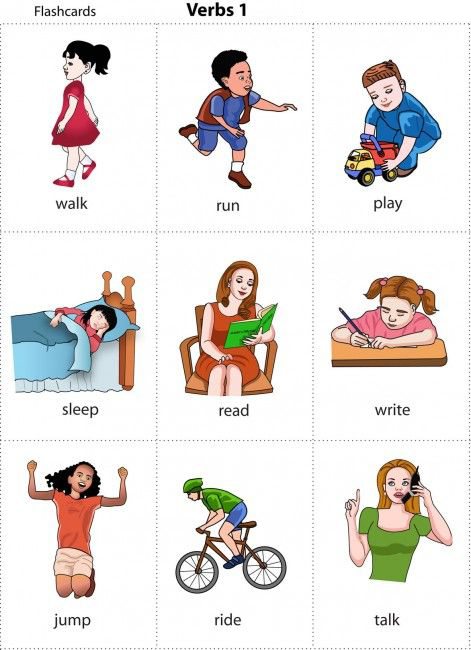


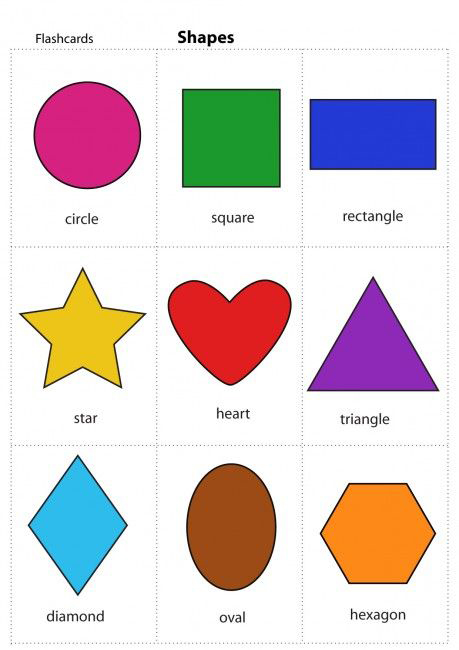


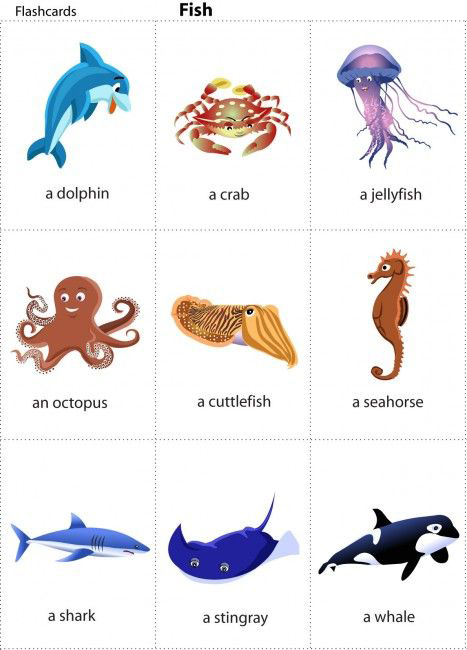
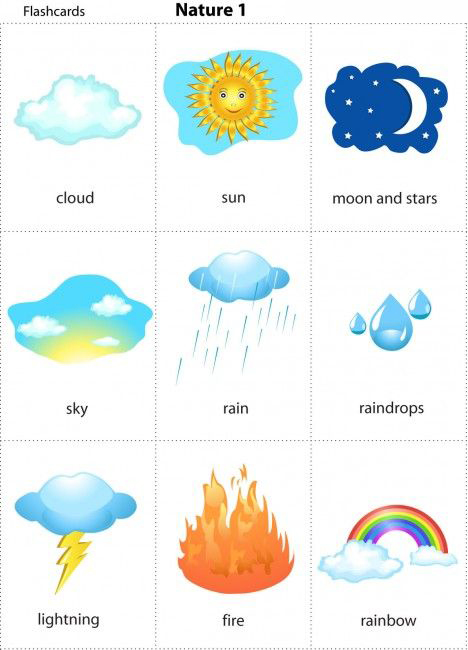


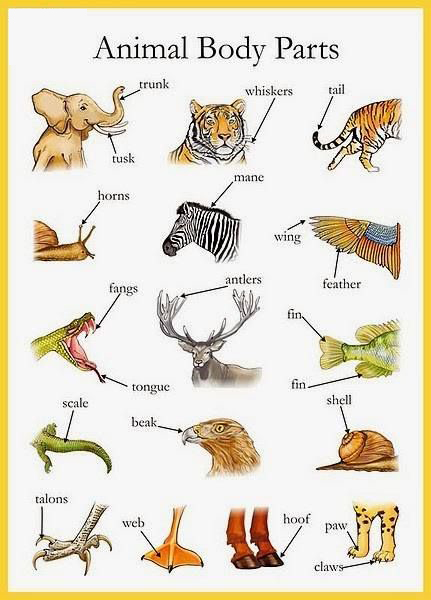


1 Comments
Flashcards For Kids
ReplyDeletePreschool Flashcards
Picture Flashcards
English Flashcards
Kids flash cards
Animal Flash Cards
Toddler Flash Cards
Educational Flash Cards
Baby Flash Cards
Where to buy Flash Cards
Sight word Flash Cards
Speech and Language
We love comments! We appreciate your queries but to protect from being spammed, all comments will be moderated by our human moderators. Read our full comment policy.
Let's enjoy a happy and meaningful conversation ahead!